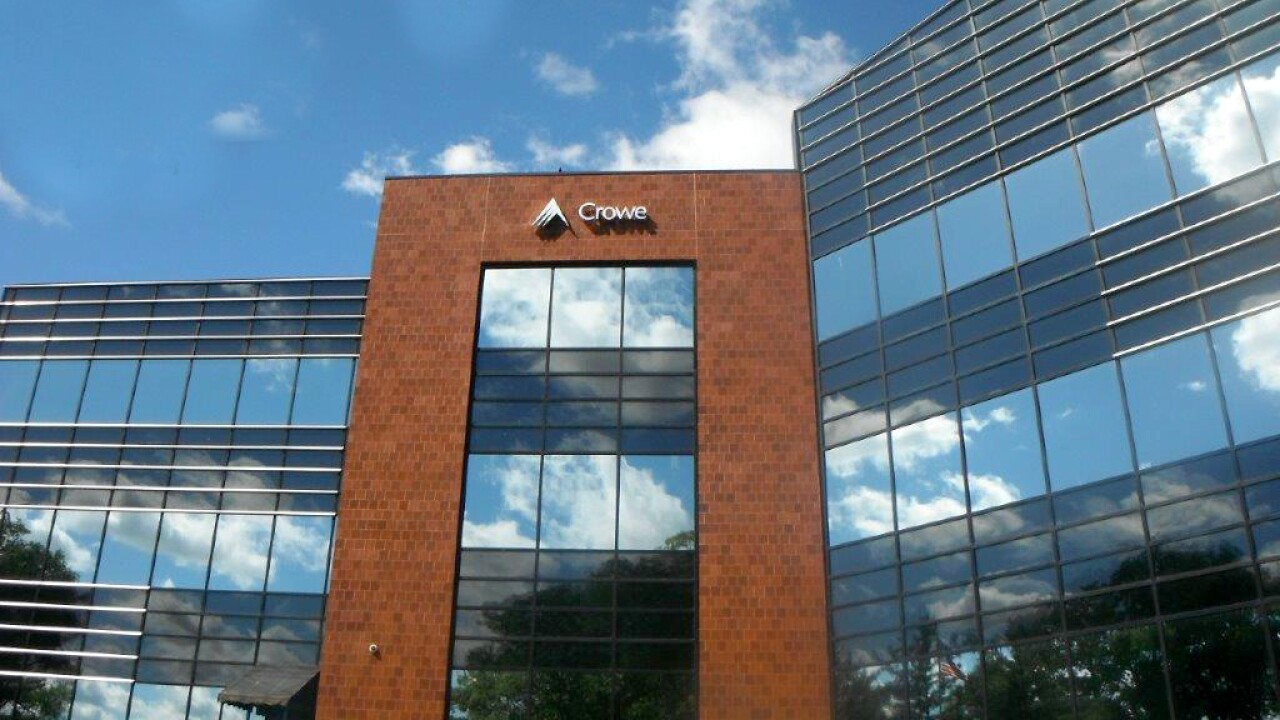In
An "
The
"We're very pleased with it, we think it was the right thing to do," Fitzgerald said. "We appreciate what the Treasury and IRS have done, as well as the significant input from congressional leaders. Rarely does it turn out like this, where we're just very happy. The word is just getting around."
NAIFA and major financial firms and employers had sent
The IRS notice effectively informed the industry and the public that, "We're going to read the law as if it were in there," she said.
"The language had been deleted, and it could have been read that nobody could make any catch-up contributions anymore," Fitzgerald said. "This takes the end-of-the-year pressure off."
In the 10-page notice, the IRS specifically cited such stress removal for stakeholders among retirement savers and the industry.
"The Department of the Treasury and the Internal Revenue Service have been made aware of taxpayer concerns with being able to timely implement Section 603 of the Secure 2.0 Act," the notice said. "The administrative transition period described in this notice is intended to facilitate an orderly transition for compliance with that requirement. The Treasury Department and the IRS continue to work on implementation of Section 603 of the Secure 2.0 Act and intend to issue further guidance."
Through its requests for public comment (open until Oct. 24), the IRS further revealed plans for guidance relating to particular questions about the tweak to catch-up rules for multiemployer plans, participant errors and self-employed participants or government employees. In each case, the IRS offered hints about how agency staff are planning to enforce the new rules while asking stakeholders to submit their comments in response through the
For employer plans maintained by more than one sponsor, a participant's wages "from one participating employer would not be aggregated with the wages from another participating employer for purposes of determining whether the participant's wages for that year exceed $145,000," according to the notice.
If an employee making more than that amount tried to elect to make traditional, pretax catch-up contributions rather than on a Roth basis, the plan administrator and employer "would be permitted" to treat them as Roth savings to the worker's 401(k) account, the document stated.
And the Roth requirement "would not apply" to plan participants who received no "wages for purposes of the Federal Insurance Contributions Act" in the previous year, according to the IRS notice. For example, a partner or self-employed person "receiving self-employment income" or a state or local government employee could still make catch-up contributions to traditional, pretax accounts, the document stated.
"Some of our members' clients will need to know the answers to these questions," Fitzgerald said. "It's interesting that they took three issues and predicted how their guidance is going to come out. They request answers."







